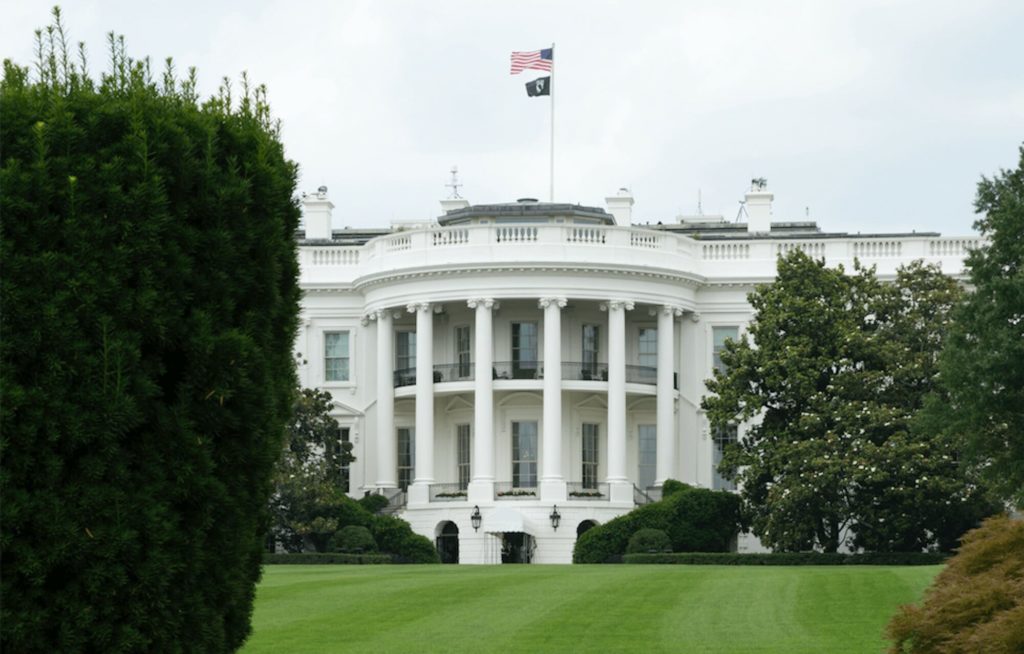The Supreme Court issued two major decisions earlier this month affecting home care providers. It stayed the Large Employer mandate from the Occupational Health and Safety Administration (OSHA) that would have applied to employers with more than 100 employees, and it upheld the mandate from the Centers for Medicare & Medicaid Services (CMS). So what does the CMS vaccine mandate mean to you?
Now that the mandate is in full effect, below are frequently asked questions and answers to help home-based care providers decide what steps they need to take to protect their businesses, clients and employees.
1. Does the CMS rule or federal contractor mandate apply to you?
To decide what the vaccine mandate means to you, it is important to know that the CMS rule applies to 21 categories of covered providers that are subject to CMS health and safety regulations (including Medicare-certified home health agencies [HHAs], hospices, nursing homes and hospitals).
A notable group generally not subject to the CMS rule are Medicaid home care service providers, such as providers of home- and community-based services (HCBS). If an agency is only providing such services, then it is not covered by the CMS rule simply by virtue of maintaining that line of business. Note: There may be other reasons that such an agency’s employees would be considered staff of other covered facilities. Similarly, if the agency operates another line of business that is covered by the CMS rule (such as a hospice), then it would be covered.
If you contract with an HHA or hospice to provide staff, then those employees who are working under that contract are covered as “staff” of the HHA or hospice.
If your caregivers are providing care to someone who is also receiving HHA or hospice services (even if there is no agreement between your agency and the HHA/hospice), then those employees are covered as “staff” of the HHA or hospice.
If your employees enter a covered facility to provide care to a client (even if there is no contract between your agency and the facility), then those employees are covered as “staff” of the covered facility. Note: Any of your employees who have direct contact with employees who are covered as described above are also covered (this is like a Midas touch rule).
The federal contractor rule is currently enjoined but would apply (if reinstated by the courts) to certain “covered employees.” Specifically, a “covered employee” includes any full-time or part-time employee who works at a location at which an employee working on or in connection with a contract (e.g., providing shared services such as HR, legal, accounting) “is likely to be present.” Thus, an employee performing solely commercial work in a facility, building or campus where contract work is also being performed would likely be subject to the mandate.
2. Take into consideration any state or local law issues to understand what the vaccine mandate means to you.
The CMS mandate provides for preemption of state laws that are contrary to the federal mandate, but that doesn’t prevent the enforcement of laws that are more protective of employees from being enforced.
To highlight the point, you should be careful if you operate in (among other states) Florida, Texas, Alabama or Arkansas. Recent legislation/executive orders in those states significantly depart from the CMS rule. See Polsinelli’s recent client alert available here for more information on Florida law. An article on the Texas executive order is available here.
If an entity is potentially subject to two conflicting rules, one issued by a federal authority and another issued by the state, then the entity should strongly consider following the federal law, as it likely would be the controlling rule if a court were ever called upon to make that decision.
Businesses, however, must always weigh the pros and cons of following or rejecting a potentially governing rule in their local jurisdiction. To do so, it is best that an attorney be consulted.
3. Determine if there are exempt or excluded employees.
The CMS rule excludes staff who exclusively provide telehealth or telemedicine services and who do not have any contact with other employees, patients, families and other covered staff.
It also does not apply to staff who provide support services and who do not have any direct contact with other employees, patients, families and other covered staff.
4. Gather the information you need from your employees/staff and implement a record-keeping system.
If you are covered by the CMS rule or a state mandate, you must collect acceptable proof of vaccination records from employees (e.g., vaccination cards, medical paperwork or an attestation).
The CMS rule also requires covered employers to track and document the vaccination status of staff. The information you receive from employees should be maintained as you would other confidential medical documents.
5. Analyze each medical and religious accommodation request (and temporary delay requests under the CMS rule).
The law requires that you do an individualized assessment on each request.
It is important to know what the vaccine mandate means to you. As you have likely gathered, this is a dynamic situation. We do not expect that to change anytime soon. We are, however, staying on top of these developments and are continuing to create resources to help you manage and make sense of it all.
Attorneys Angelo Spinola and Will Vail are shareholders at Polsinelli, a law firm with 900 attorneys in 21 offices nationwide representing thousands of home-based care providers. Learn more about the firm’s home health, home care and hospice division and online solutions for home care.


